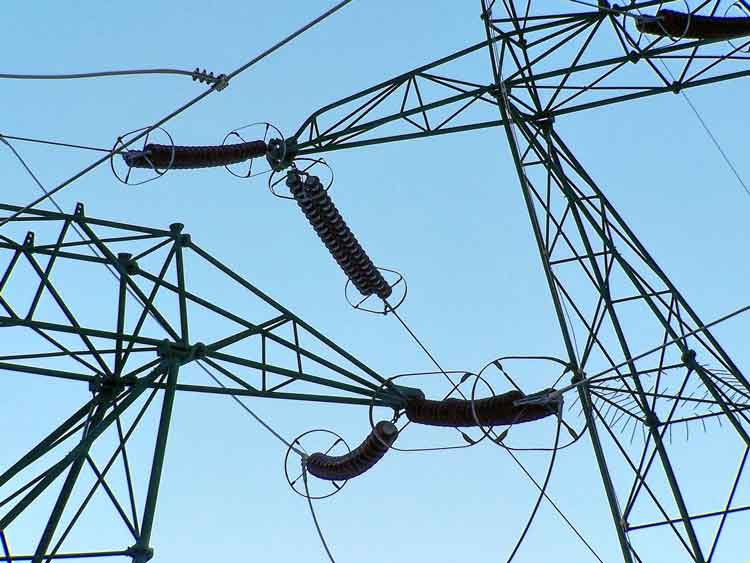
Legislators from both the Democratic and Republican parties have proposed bills aimed at nullifying the 2022 legislation that established a sliding scale for utility charges based on customer income, a decision made in a late-hour session and subsequently endorsed by Governor Gavin Newsom.
The plan, pending final approval from the state Public Utilities Commission (PUC) — all of whose current members were appointed by Governor Newsom — would enable utilities like Southern California Edison, San Diego Gas & Electric, and PG&E to apply new income-based charges as early as this July.
Among the state legislators pushing back against the income-based charge scheme are Democrats Jacqui Irwin and Marc Berman, along with Republicans Janet Nguyen, Kelly Seyarto, Rosilicie Ochoa Bogh, Scott Wilk, Brian Dahle, Shannon Grove, and Roger Niello.
A cadre of specialists, including economist Ahmad Faruqui who has advised all three utilities implicated in the fee proposal, have outlined several concerns regarding the PUC's pending decision.
Faruqui and his colleagues argue that the proposed charges are excessively high in comparison to national standards, potentially leading to administrative challenges, legal disputes, and negative unintended outcomes, such as penalizing energy-conservative consumers.
Advocates for the income-based fee model, including The Utility Reform Network (TURN) and the National Resources Defense Council, argue it would result in higher charges for wealthier consumers and reduced fees for those with lower incomes. They also believe that the utilities plan to decrease per kilowatt-hour rates to balance out the new fees.
However, even supporters like TURN and the Natural Resources Defense Council acknowledge that the income-based fee model is not a comprehensive solution to making energy bills more affordable.
If implemented, California would have the highest income-based utility fees in the country, with averages far surpassing the national average of $11.15, as reported by EQ Research:
The proposal has raised concerns among state legislators about the additional financial burden on Californians already struggling with high electricity costs.
Critics highlight several practical challenges, including the PUC's task of assessing customers' income levels, a process fraught with privacy concerns, potential errors, and constitutional questions regarding access to tax information.
Economists have pointed out further complications, such as the difficulty in accurately assessing incomes for out-of-state property owners and the variability of customers' incomes over time.
The proposed income-based charges would differ by income bracket within the PG&E service area, for example, with lower-income households facing lower fixed charges and higher-income households facing higher charges, alongside a proposed 33% reduction in electricity rates to help mitigate the fixed charge impact.
Yet, the economists warn that most customers, particularly those who consume less energy, could end up paying more, essentially rewarding higher consumption and penalizing efficiency.
This legislative approach, they caution, could inadvertently increase costs for moderate users across all income brackets, challenging the very goals it aims to achieve by promoting energy inefficiency.